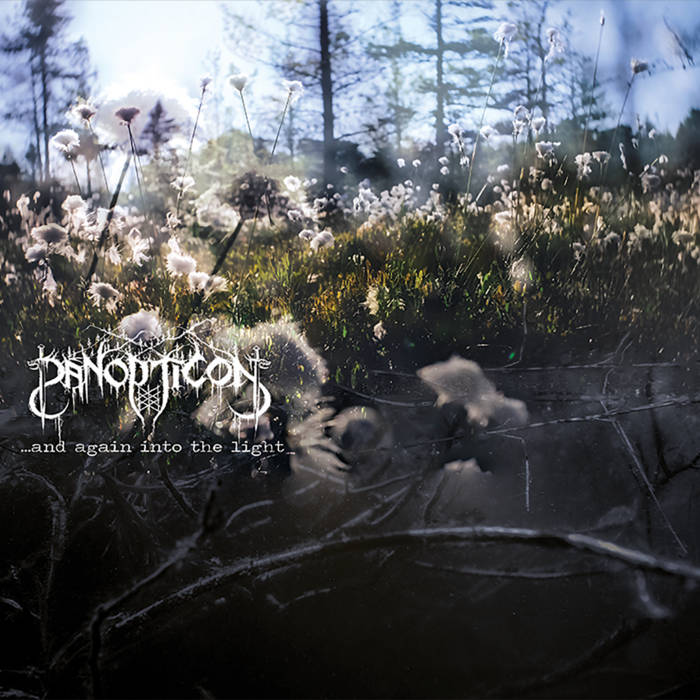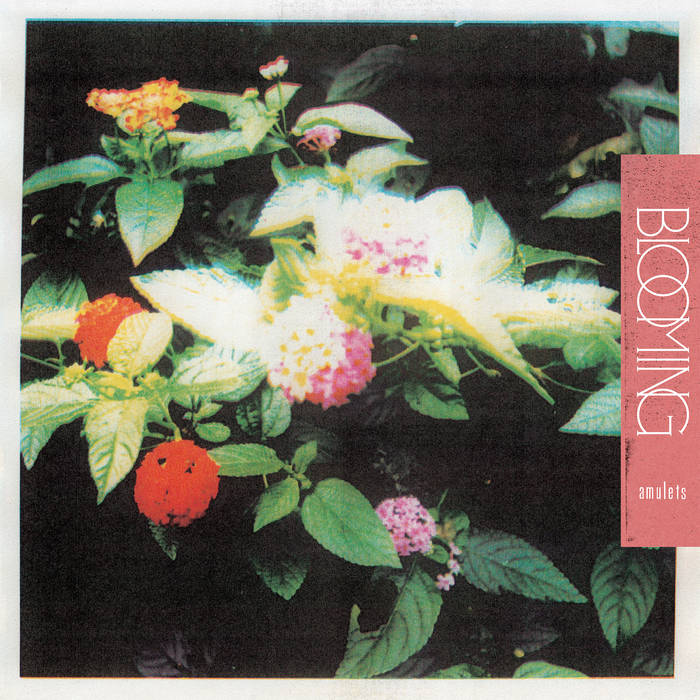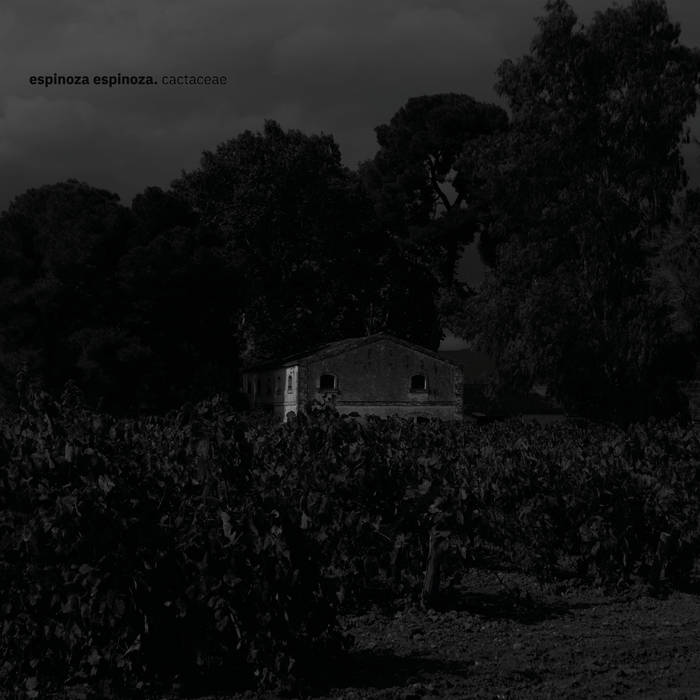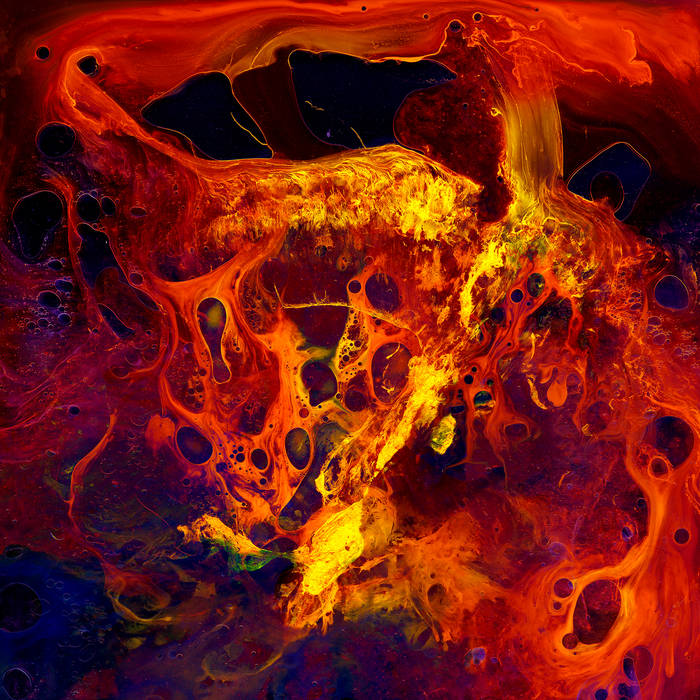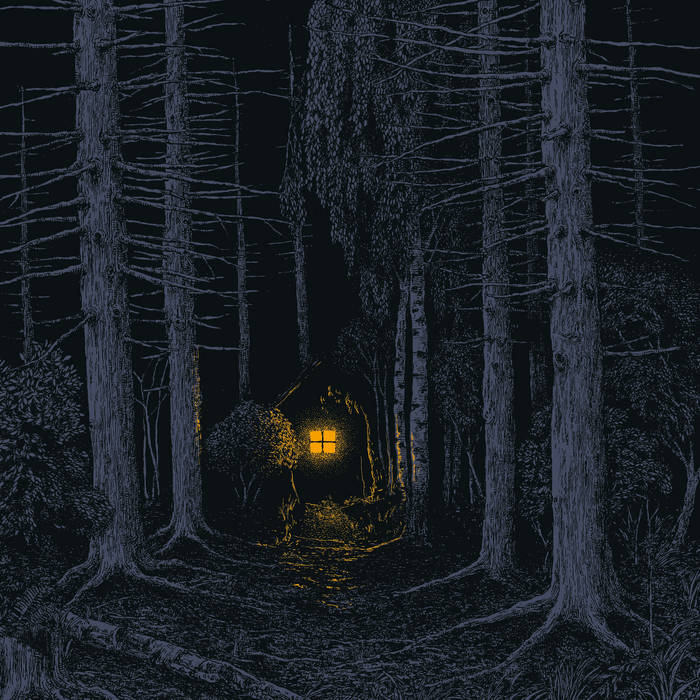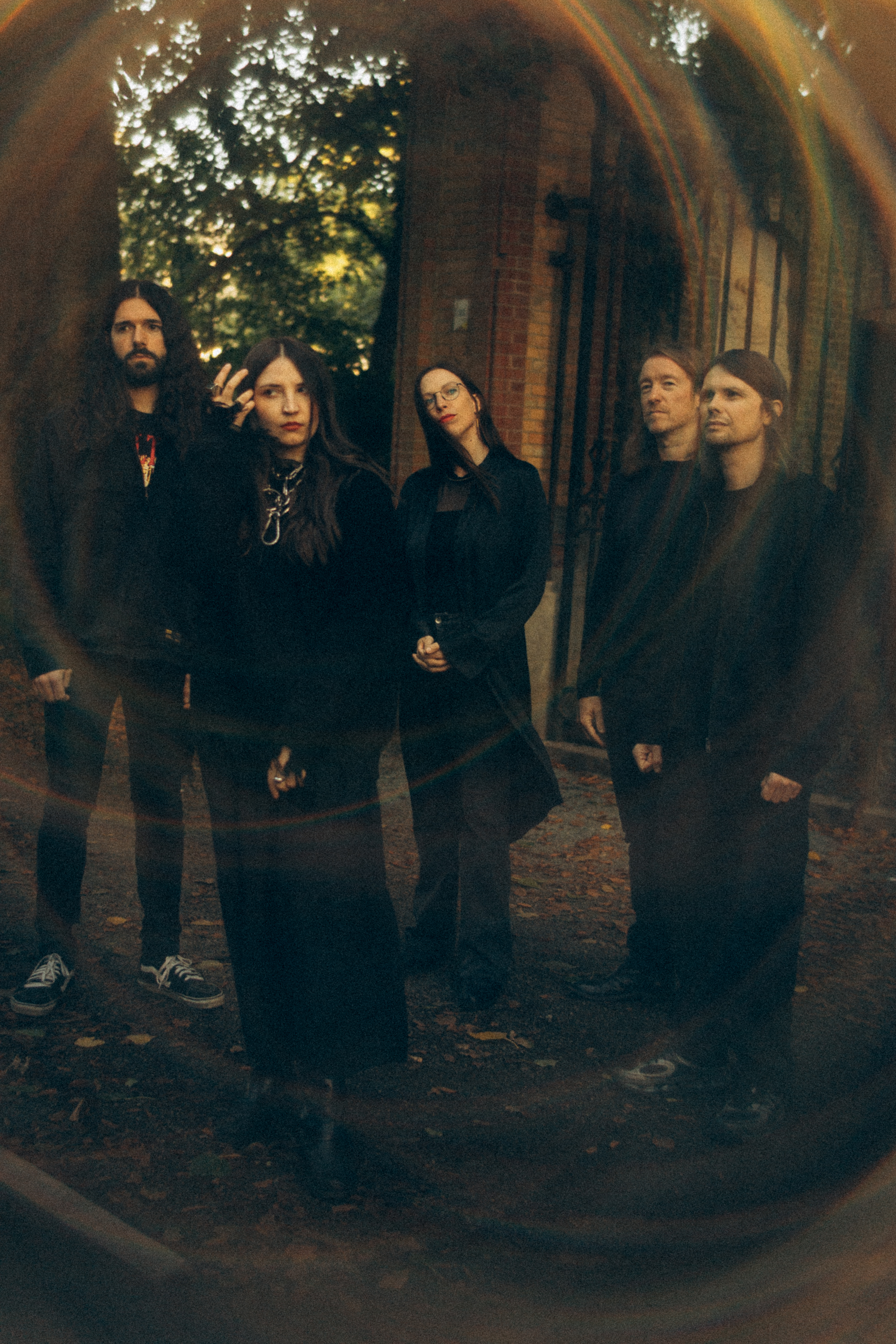After having released acclaimed albums for over a decade, Panopticon thunders into the 2020s with what might be one of its best in a long list of releases since 2008. On 2018´s The Scars of Man on the Once Nameless Wilderness the band separated the album into two parts, one Atmospheric Black Metal and one Americana/Folk. On the new one, Austin Lunn, the guy behind this one-person band, has fused those two musical styles into one monumental album lasting 70 minutes.
Panopticon´s music is very personal, as Lunn says in the liner notes, a struggling mind with a supporting family that helps him becoming strong, staying creative and yearning. As it is with many Black Metal bands, the music is also interwoven with nature and with the vast wilderness of the forest. An album like this is like walking through the woods, sometimes in dense and dark parts, sometimes across bright clearings, through rivers and alongside lakes. On this album the transition from one track to another is like crossing a river in a shallow and safe place to reach the other side and with the clear fresh water tickling your feet.
Not only has Lunn incorporated folk into his music on this release, he also uses Post Rock influences and guest artists appear on violin and cello, audible on the album´s last track ”Know Hope”, the title taking its name from his wife´s knuckle tattoos. It starts heavy, hard and melodic with some disturbing dissonant guitar in the background. The song is extremely energetic, but also versatile as halfway in it opens up to some beautifully performed Post Rock with the sampled talking voice of Gee Vaucher from Crass as the music builds up towards Atmospheric Black Metal again. This last song is fierce, brutal and confronting towards the end, with many voices joining the harsh vocals. It shows a composer at his height, incorporating – just like on other tracks – Classical instruments. The soaring Black Metal fades away in the end and only the violin and cello are left. And the album ends with, similar to the track before, the sound of the forest and ducks by a lake.
On the other hand, the opening title track of the album, ”…And Again Into the Light”, is an acoustic folk song, with slide guitar and soft vocals. This song glides smoothly into the next, ”Dead Loons” where the slide guitar leads a soft and sad melody almost like a requiem for dead birds in a lake in the forest, the Post Rock influences being very clear. The tempo shifts when the distorted guitar plays monumental riffs to mark the song´s slow shift towards Atmospheric Black Metal with the help of bass drums and a soaring synth melody. Then a fierce tempo shift with harsh vocals and a snare drum in full blastbeat mode happens as the drumming might suck the air out of the music, but not here as the guitar riffs, synths and solo guitar thunder forward and create the atmospheric soundscape.
The album is 70 minutes long and that also means long tracks where Panopticon can develop the music into vast atmospheric landscapes. Like the next eight minute song, ”Rope Burn Exit”, that starts with violin and morphs into melodic Black Metal with the violin in the mix. There is some further exploring of the soundscapes in the fast and mighty ”Snowless Winter” which resembles walking amidst a dense forest. Then the music mellows down after a while with slow bass and glistening synths, we are in a clearing in said forest, but we are not in the clearing for long: the heavy music is back and after a while a solo guitar swirls into the mix and leads us towards the next song. ”Moth Eaten Soul”, is as heavy and atmospheric as the previous one. Even though there is not a distinct melodic theme in the song, it is captivating and brutally intense. And towards the end we hear a voice, a sampled monologue from the film Wild Strawberries by Ingmar Bergman.
We glide into ”Her Golden Laughter Echoes (Reva’s Song)”, a short track performed on mandolin and acoustic guitar before we are lured by a slide guitar and clean mellow vocals into the longest track of the album ”The Embers at Dawn”. It is like sitting and contemplating by the smoking embers of a campfire in the early morning. The song begins as Post Rock and slowly builds towards Black Metal with blastbeats, heavy riffs with clean vocals soaring over it. And it ends the same way it began, but now with the sound of the forest, the sound of ducks at a lake, with a smooth transition into the fierce, aforementioned ”Know Hope”.
In the liner notes of The Scars of Man on the Once Nameless Wilderness Lunn wrote: “Please don’t listen to the album on your laptop speakers, it will sound like shit. Give it a shot on a long hike or by a fire with headphones.”. The same goes for this album, you will be rewarded if you follow Austin’s wish. With this energizing album, Panopticon proves that the band remains at the forefront of keeping Atmospheric Black Metal a thriving genre.

